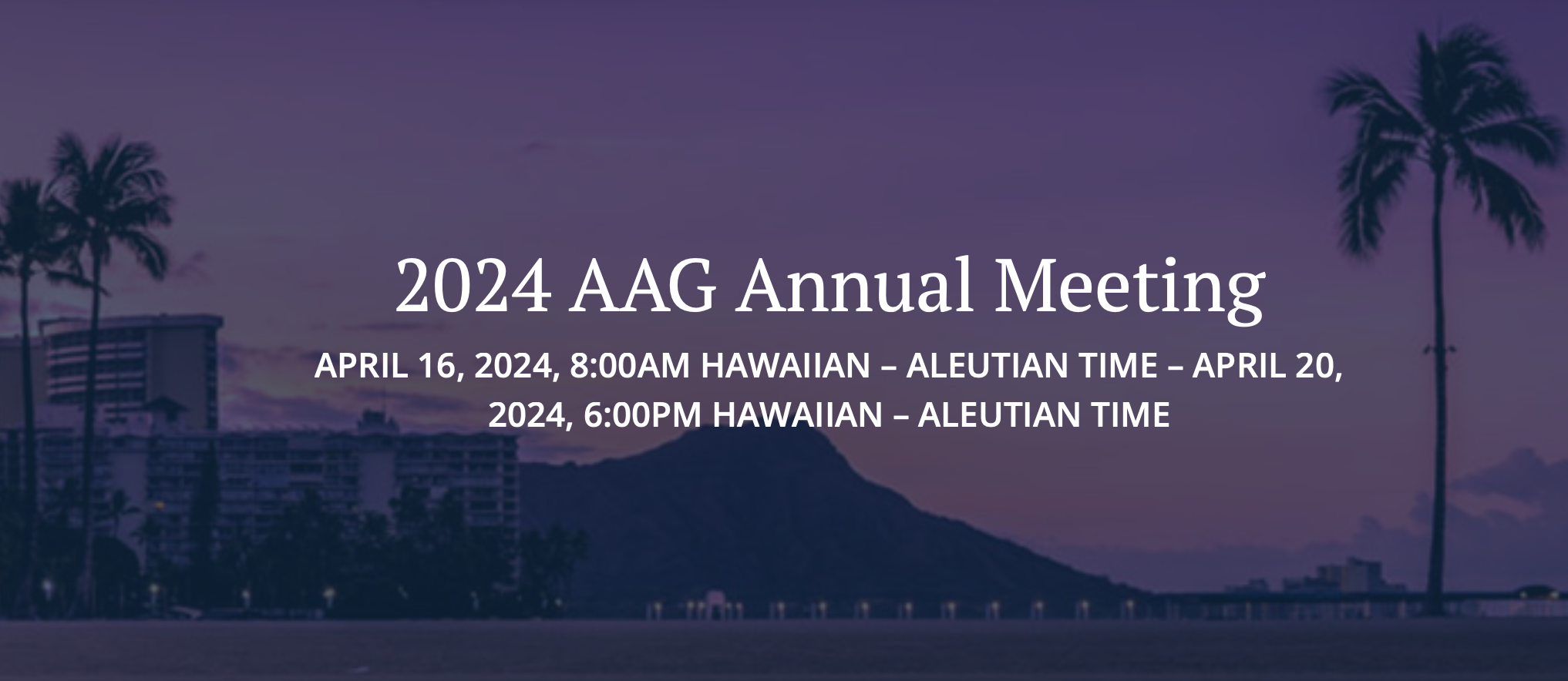
Classical Antiquity in LGBTQ Movements’ Historiography: An Introductory Overview
April 17
American Association of Geographers, Honolulu, USA
While the legacy of classical antiquity was fading from public discussions in the previous century, there is currently a proliferation of international discourses, images, symbols, and representations that draw on the classical era, the latter equated with the Greco-Roman world. By now, it has been well documented that agents from across the political spectrum and in many parts of the world mobilise the classical past to construct shared meanings, identities, and narratives. At the same time, such classical discourses, images, symbols, and representations have been appropriated by nationalist political parties and white supremacists, anti-immigrant movements across the globe, sparking a new interest amongst scholars of nationalism and colonialism. Research findings in various fields have revealed that racialised readings of classical antiquity abound. These readings envision Western civilisation as a white-skinned, European-derived racial and cultural heritage anchored in the classical worlds of Greece and Rome. However, within this body of research, while much focus has been given to the appropriation of classical antiquity by racist and nationalist political parties and extremist white supremacist groups, little attention has been paid to liberation movements, in particular to LGBTQ movements, and the classical discourses, images, symbols, and representations they draw on. This presentation intervenes exactly at this juncture and asks: what narratives, images, symbols, and representations from classical antiquity do contemporary LGBTQ movements utilise in their attempt to build and articulate particular pasts? Drawing on archival research, as part of my EU-funded project HomoClassicisms, in three different socio-political and cultural contexts−Greece, the UK, and the US−this presentation will offer an introductory overview.



